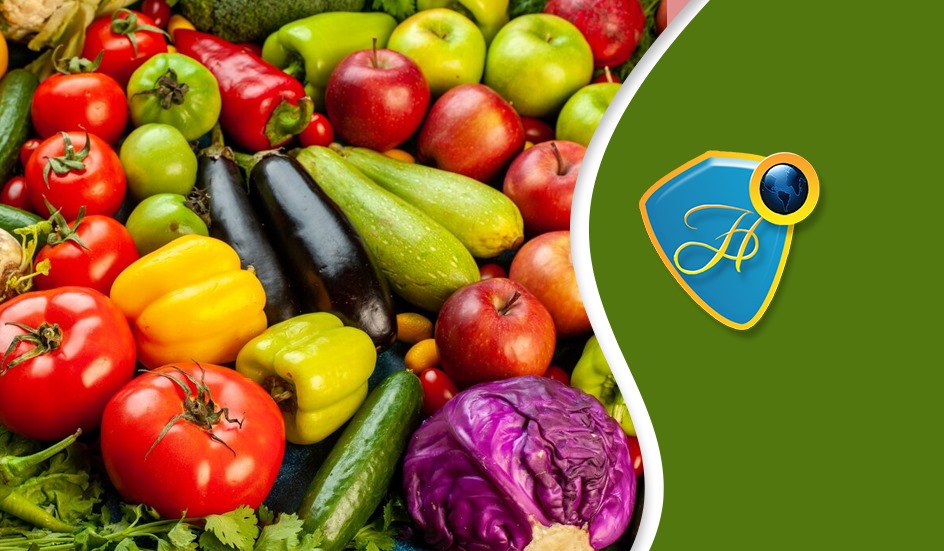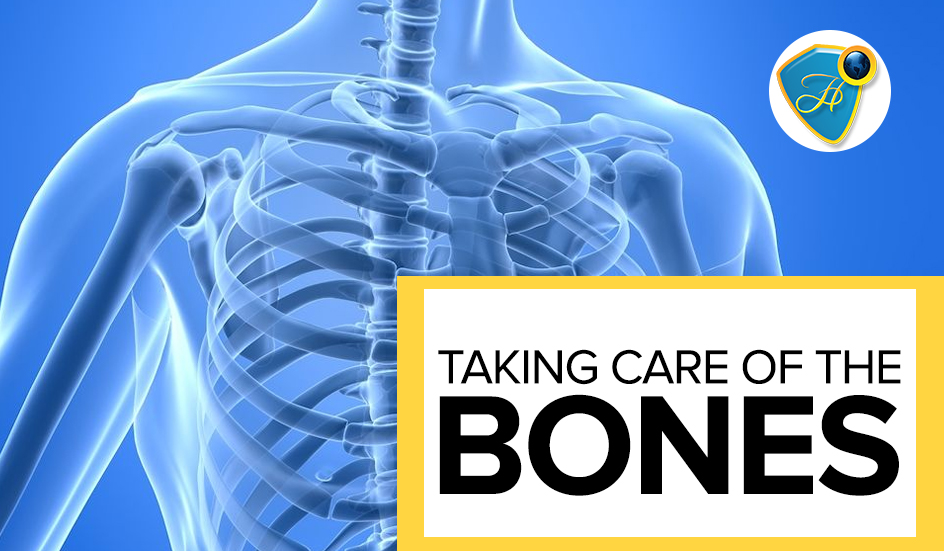
Eating vegetables regularly can have many health benefits. There are thousands of different types of vegetables, many of which are easily accessible. More importantly, vegetables are rich sources of many nutrients including potassium, dietary fibre, folate (folic acid), vitamin A, and vitamin C. Also, vegetables offer a wide range of varieties and have different cooking and preservation methods. While most can be eaten raw or combined in salads, others can be roasted, boiled, grilled, fried or dried.
Health Benefits
• Most vegetables are low in fat and calories. None have cholesterol; hence, most experts recommend vegetables as an important dietary need for weight watchers. Vegetables are also a good source of dietary fibre; this means you get satisfied quickly, without the extra calories.
• Fibre also provides extra energy, so you can keep going for a longer period with a lesser amount of calories in your system. Foods rich in fibre also reduce risk of heart disease, obesity and type 2 diabetes. Fibre is also important for proper bowel function and helps to reduce constipation and diverticulosis.
• Vegetables provide potassium which helps the body maintain a healthy blood pressure. Potassium also lowers the risk of heart disease, and may also reduce the risk of developing kidney stones.
• Certain types of vegetables like onions, cabbage and turnips may reduce risk of cancer and help fight its progression.
• Vegetables are also rich in vitamins. Vitamin B (folic acid or folate) helps the body form red blood cells and reduces the risk of neural tube defects, spina bifida, and anencephaly during foetal development in pregnant women. Vitamin A keeps eyes and skin healthy and helps to protect against infections. Vitamin C helps heal cuts and wounds and keeps teeth and gums healthy.
Common Types of Vegetables
The market is flooded with different types of vegetables, each belonging to a distinctive vegetable group. Vegetables also differ from season to season in different parts of the world and have different advantages. Allium vegetables are anti-allergy, antioxidant, anti-cancer, anti-histamine, anti-inflammatory, antibacterial, antifungal, and antiviral. Asparagus, another type of vegetable is diuretic and detoxifying; it also contains antioxidants. Cruciferous vegetables are also helpful for fighting cancer. The colourful squash and melons of the gourd family contain important carotenoids. The sweet potato, also considered a vegetable, is a complex carbohydrate, and its flesh contains carotenoids and fibre. The list below shows examples of different types of vegetables:
• Allium vegetables: chives, garlic, leeks, onion and shallot
• Cruciferous vegetables: broccoli, Brussels sprouts, cabbage, cauliflower, collard greens, mustard greens, rutabaga and turnip
• Composite vegetables: artichoke, chamomile, chicory, endive, lettuce and sunflower
• Gourd family: cantaloupe, cucumber, melons, pumpkin, watermelon and zucchini •Legumes: beans, chickpea, lentil, pea, peanut and soy
• Morning glory vegetables: sweet potato
• Culinary vegetables: bell pepper, eggplant, potato and tomato








